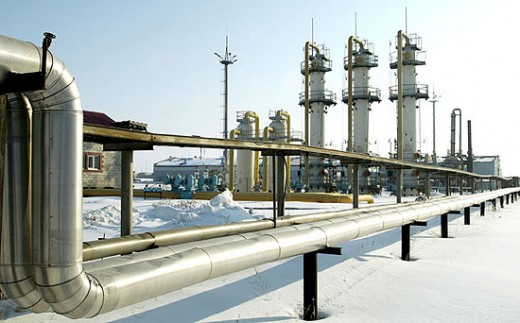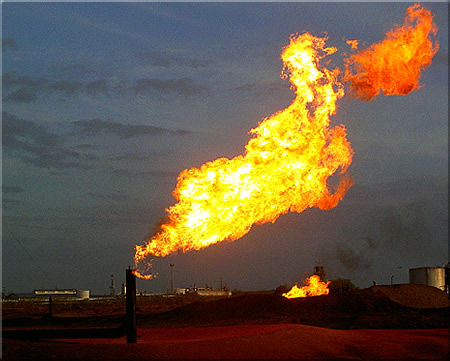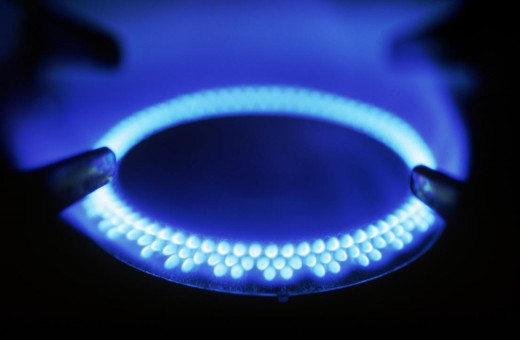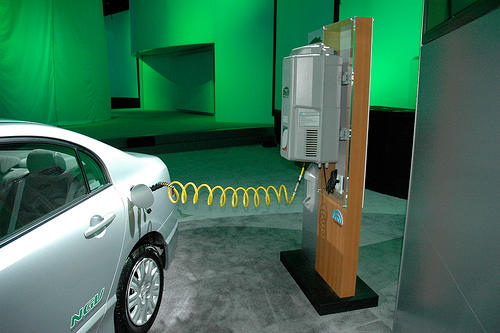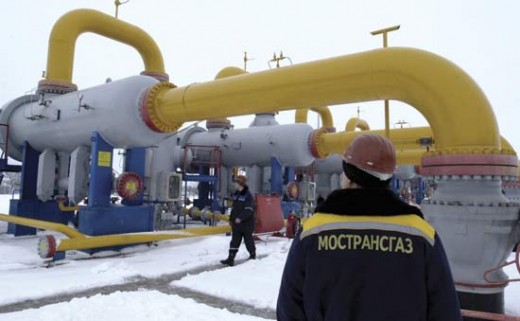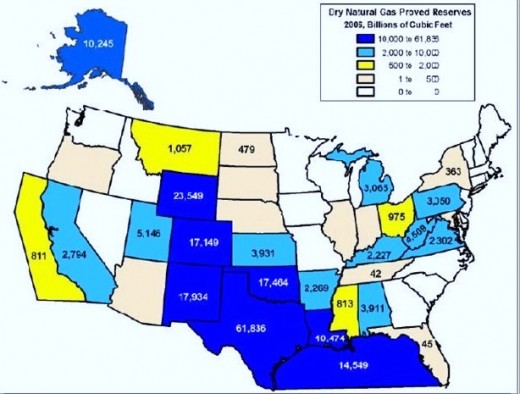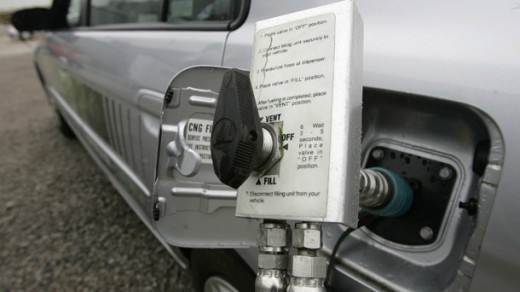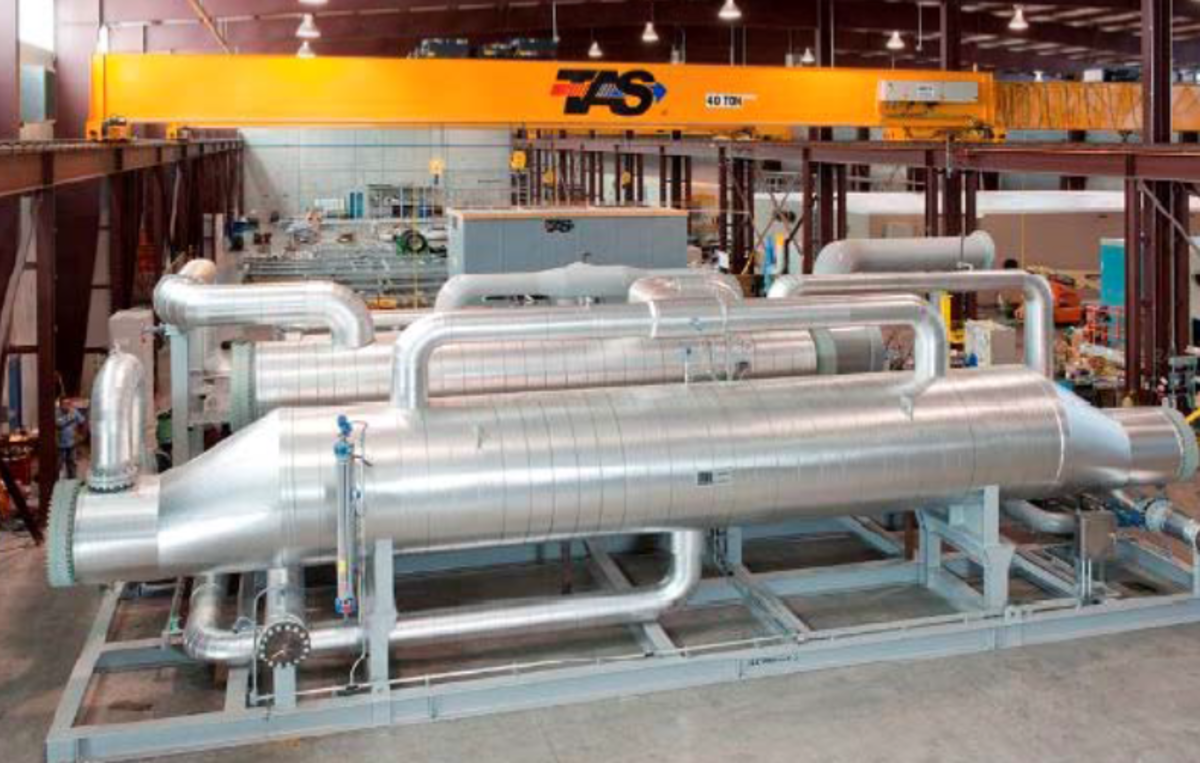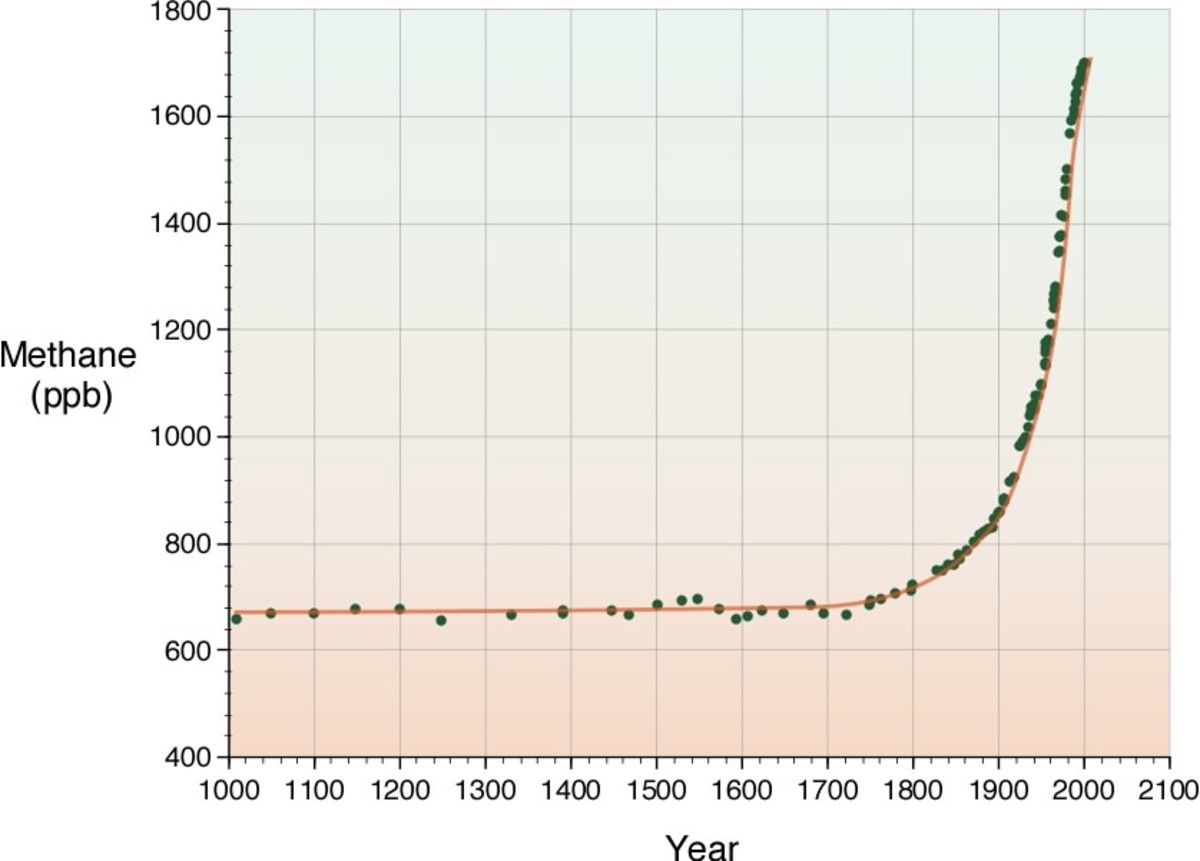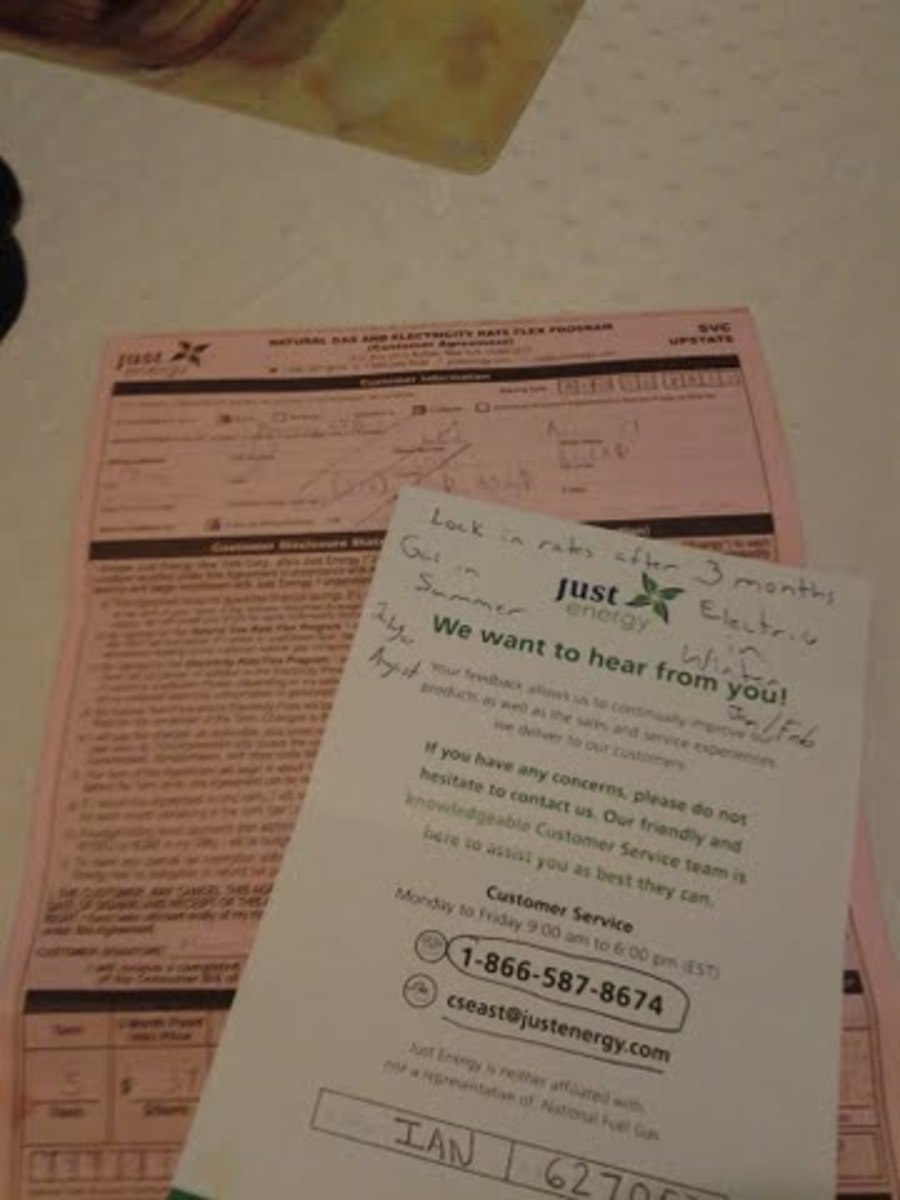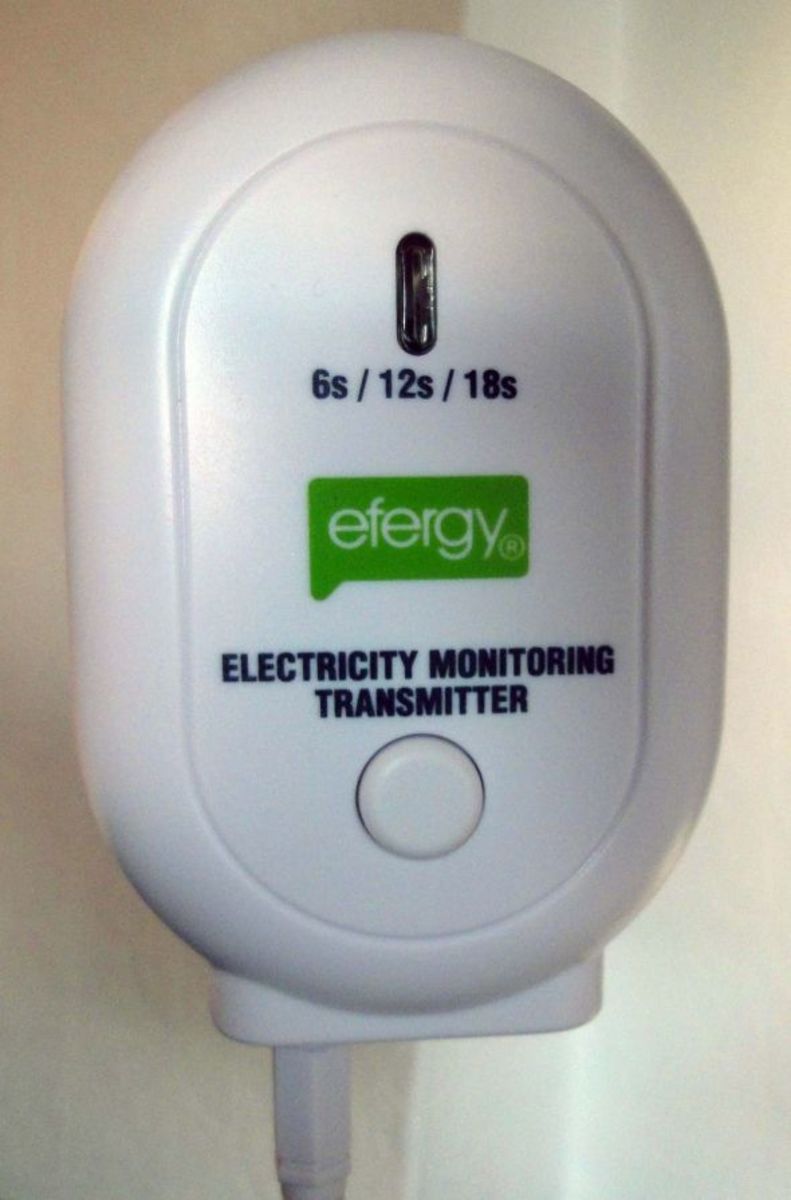What Is America's New Natural Gas?








My Curiosity
While watching TV one night, I paid attention to a commercial that I'm sure I've seen numerous times. The ad was on natural gas, according to the commercial, we have over 100 years of natural gas supply. I really don't know why I paid attention this time, but after rewinding the commercial twice, I wanted to know more. So I decided to do a little research and share my findings.
What Is Natural Gas
First, natural gas is primarily methane, which is associated with fossil fuels, fossil fuels are created by the remains of plants and animals,(methanogenesis), over many years. Natural gas is found in places like, marshes, bogs and landfills, and coal beds
Prior to natural gas being used as fuel, it undergoes extensive processing to remove all other materials, leaving only the methane. The byproducts that are removed during the processing procedure are, hydrocarbons, sulfur, helium, nitrogen, pentanes, butanes, propane, ethane. Interestingly natural gas was at one time considered as a useless byproduct of crude oil production. However, it now provides 23 percent of all energy consumed in the world, and the demand is on the rise.
More Interesting Facts About Natural Gas
Natural gas is cleaner than coal and oil, and the reason is, when natural gas is burned carbon dioxide and water vapor are released. However, because of the chemical complexity of coal and oil, when burned a variety of potentially harmful chemicals are released into the air.
Worldwide natural gas is found in around 50 countries. In the US natural gas is found in 33 states. We use about 2500 billion cubic meters of natural gas annually worldwide.
As stated earlier, it's believed, there is an abundance of natural gas at least 100 years worth, also it is believed to be, unrenewable, because, being natural it takes thousands and maybe even more years to form.
Some Pros And Cons Of Natural Gas
These facts about the natural gas pros and cons are taken from a question asked on Answers.com...WikiAnswers. The question was asked, what was the pros and cons of using natural gas as a fuel, and this was the answer. I like the answer so much I didn't bother to dissect and interpret it on my own.
Pros:
Methane:
- creates less carbon dioxide per BTU than any other carbon based fuel
- is easily transportable
- burns without soot or sulfur dioxide
- has available technology for use at all levels of consumption
- is cheap
- does not pollute soil or groundwater if released
- can be made from a variety of wastes
Cons:
Methane:
- has a greenhouse gas effect 21 times that of carbon dioxide
- is a limited natural resource
- It is very expensive to liquefy and transport. Offshore platforms in many parts of the country will burn natural gas because it is uneconomical to transport to external markets.
- It is better than oil or coal in terms of pollution, however burning of natural gas does emit CO2 and because so much of it is used, it contributes to global warming.
- Liquid Natural Gas (LNG) ports raises safety concerns, because of the possibility of accidents/ explosions. Whether this concern is valid is subjective. LNG ports (on the receiving end) are frequently located miles offshore.
Conclustion
I don't have any profound after thoughts, as I stated in the beginning, I just wanted to know more about NATURAL GAS, and now I do. I hope you have learned a little more than you knew before.
- Deregulation of Natural Gas in Illinois Lowers Rates and Energy Bills
The deregulation of natural gas in Illinois has been a rocky road for consumers. When the energy market was opened up to competition, new companies came in and offered attractive packages, but over time, their... - Lowest Electricity and Natural Gas Rates in New York - Switch Electricity and Natural Gas Providers
Would you like to find the lowest electricity and natural gas rates in New York City? Do you want to save money every month on your energy bill? Are you looking for a company that not only has great...

© 2009 Alfreta Sailor

